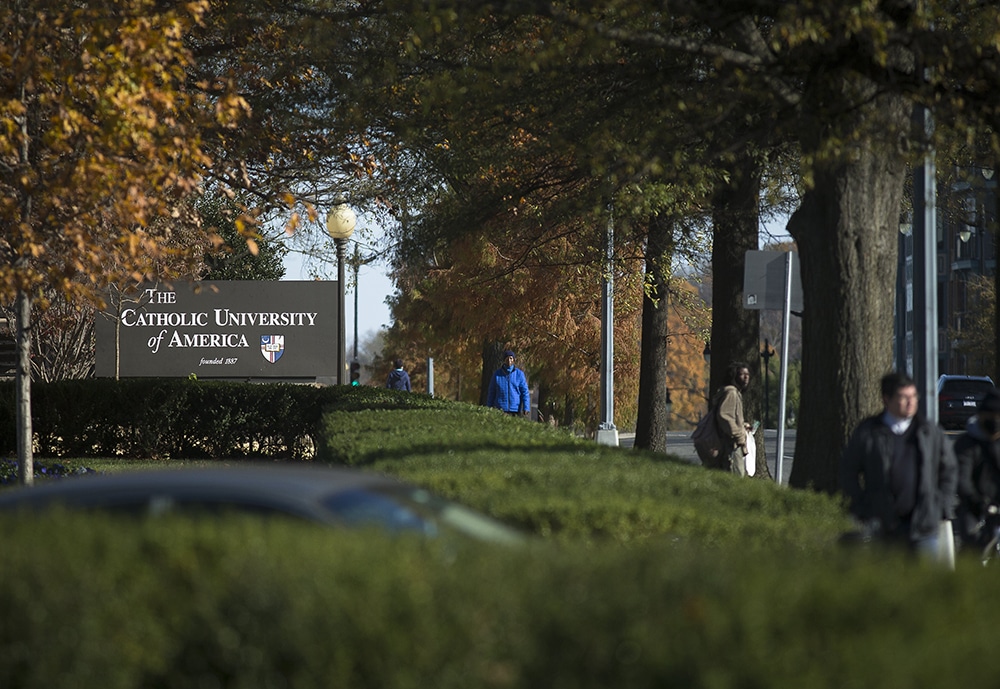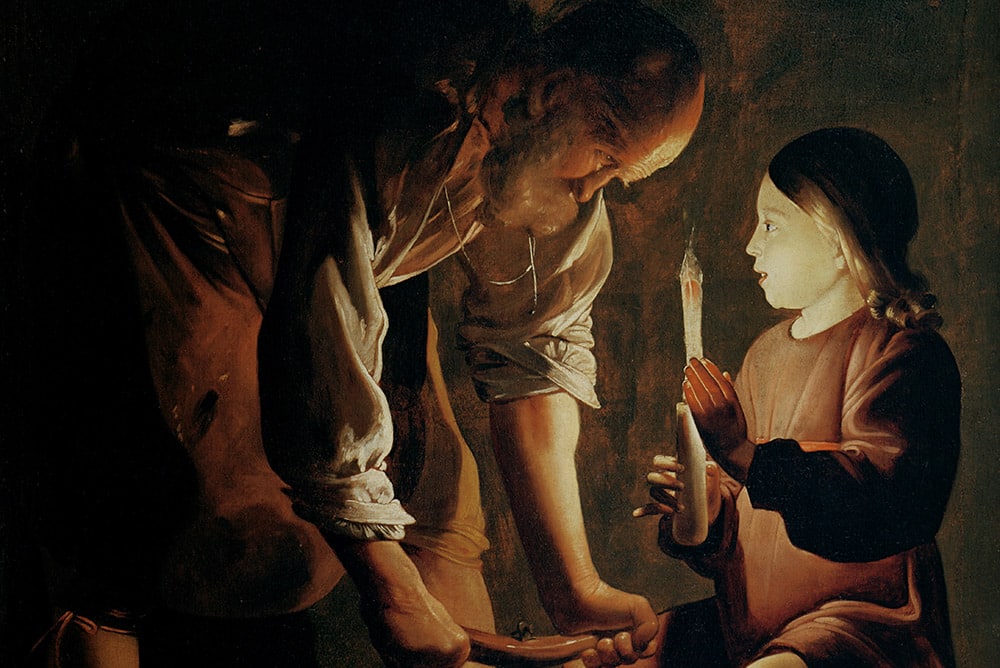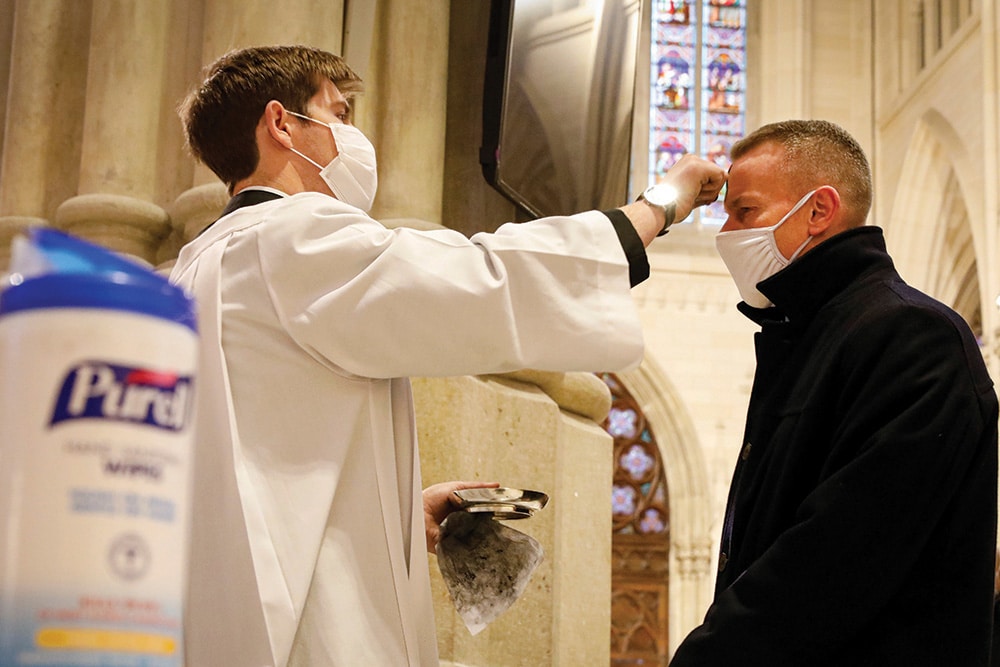The Church’s social teaching, guided by the Gospel and centuries of Christian thought and refined by modern popes and Church scholars, plays a crucial role in the way parishes operate and serve their wider communities. To prepare the future leaders in this important work of the Church, Catholic colleges and universities around the country are training their students to help parishes reach beyond their campuses and minister to those most in need.
Read more Catholic College special section articles here.
The social work program at Franciscan University in Steubenville, Ohio, broadly prepares its students for a career as a social worker while being steeped in Catholicism, including required courses in philosophy and theology. This helps social work majors “know not only how to love their neighbors, but what solutions are truly loving,” said Kathleen Belanger, director of the university’s social work program. “Franciscan University helps our social work students understand the ways in which love and truth are inseparable in God through Catholicism,” she said.
People, not problems
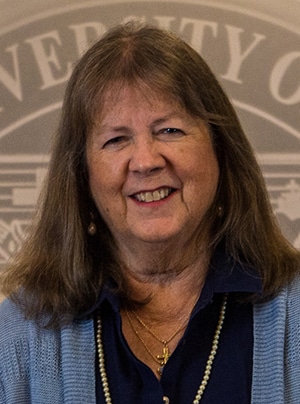
The challenges that social work students prepare to address are varied: poverty, family challenges, school challenges, physical and mental health, and even the ways communities and organizations work together to help their members and others. “Basically, social work is the profession that teaches people how to love their neighbors professionally,” Belanger said.
The social work program at Franciscan has as its guiding principle Catholic social teaching. This is “not just because it is a Catholic program, but because we know that Catholicism — not just the teachings of the magisterium, but the sacraments, the unity in Christ, all of Catholicism — provides us with the light to see and hear well,” Belanger said. Truth and love are inseparable in God, she said, and this is something the social work program aims to instill in students.

“People tend only to think about Catholic social teachings in relation to social work, but that would not be correct,” she said. “We are called to love God and love our neighbor, and that is actually the same call.”
The University of Mary in Bismarck, North Dakota, instills the importance of “seeing and being with the person in front of me,” said Claudia Rabaey, a senior studying social work. “I try to focus on the fact that there is a person in front of me, not a problem to be solved,” she said.
Many of the skills learned in studying social work are broadly applicable in any social work context, including a parish setting. This includes leading small groups within the parish, identifying signs for intervention (such as abuse) and working with organizations and experts available to help those in need. The program also prepares its students in public speaking and mediation.
‘Parishes are a microcosm of society’
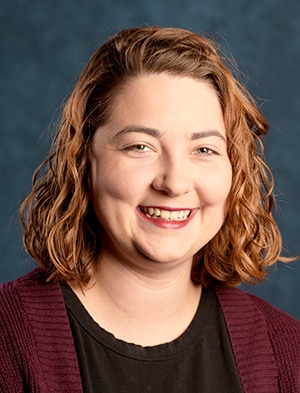
Erin Claussen, a senior at the University of Mary, spent last year serving with a Catholic missionary organization, helping to lead the campus ministry program at a Catholic high school and helping at a nearby parish.
“The best way the Social Work Program prepared me for parish work was by providing me with growth in my interpersonal skills,” Claussen said. These skills allow her to have “authentic conversations with new people and the courage to invite them into my small groups or into our mentorship program.”
Heidi Nieuwsma, director of the Social Work Program at the University of Mary said: “We prepare students for social work practice in ways that are compatible with the call to the goals of Christian service and the tasks of the Catholic Church’s social teaching. We look to Catholic social teaching as a resource to inform and specify social justice goals of social work education and practice.”
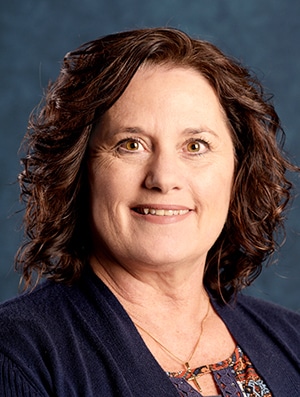
The students are also prepared to deal with challenges they may encounter in parish work, one of the most pressing of which is a lack of available resources. “To help our students combat these common challenges, we provide them with experiences to improve their critical thinking, their level of understanding in creating and changing policy, build their skills in trust, empathy and compassion, and teach them the importance of their self-care,” Nieuwsma said.
Sister Idelle Badt is a Benedictine sister of Annunciation Monastery. She went back to school and earned her degree in social work from the University of Mary in 2018. Initially intending to work in hospice, she has worked in a parish setting since graduation. The tenets of Catholic social teaching were an integral part of her education, she said.
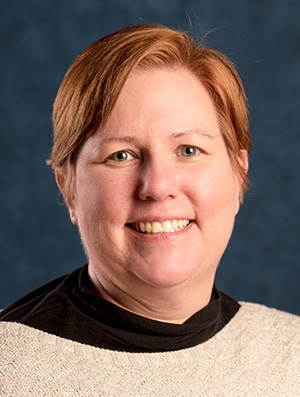
“If there is one value that truly stands out to me in my parish work, it is life and dignity of the human person,” she said. “It was greatly emphasized in all of my classes at University of Mary, but especially in my social work classes.” This idea that everyone has worth informs Sister Idelle’s work with various groups.
Another element of the university’s culture that made a great impact on Sister Idelle was the professors, who “made sure that we knew we could be professional social workers without having to compromise our values,” she said.
While many parishes cannot afford to hire professional social workers, Sister Idelle and others are grateful to be able to work in a parish setting because of the important help they can provide the parish community. She said, “Parishes are a microcosm of society and ideal locations to offer Christian support to one another.”
Paul Senz writes from Oregon.




